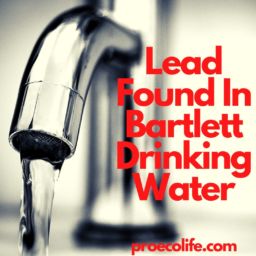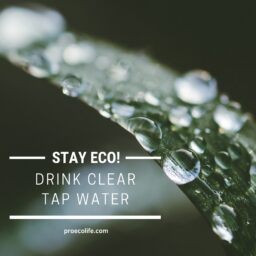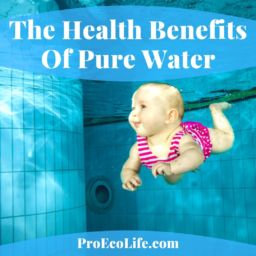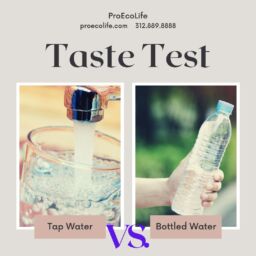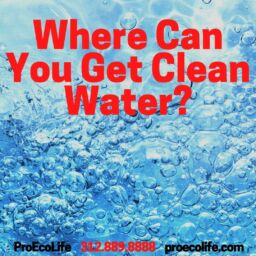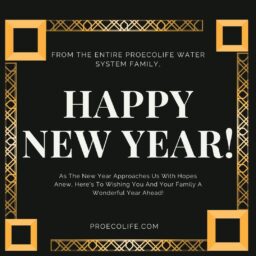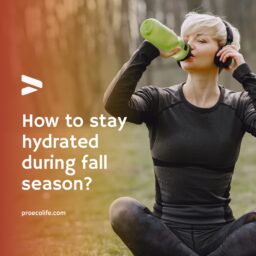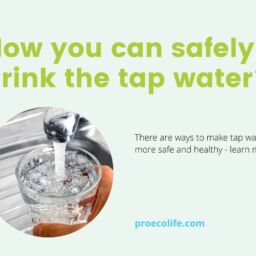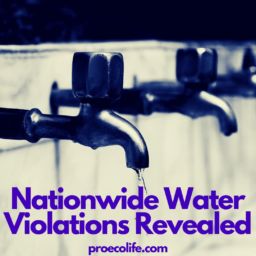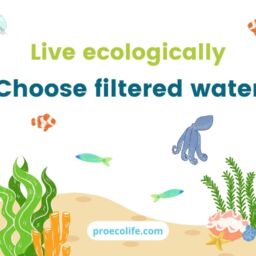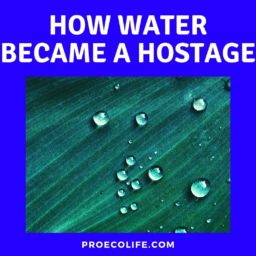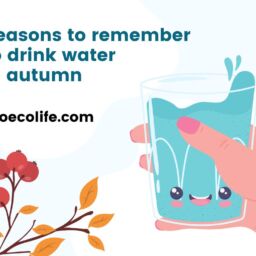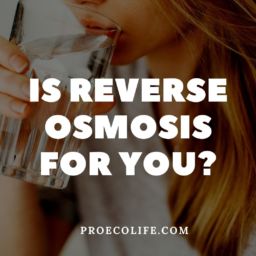We all want clean water.
Whether to drink and nourish our bodies, wash our clothing or clean ourselves and our homes, the cleaner the water is, the more benefits we receive from it. While you may go the extra length to ensure the purest water possible, home filtration systems – purifiers – etc., you may be unknowingly contributing to the dirt and debris found in water supplies. Believe it or not, just by living day-to-day, we all practice habits that end up in our city water supplies and funnel right back out of our tap.
Run Off: Have you ever looked at rainwater splashing and running along hard surfaces such as concrete or asphalt and right into storm drains? As that water flows, it picks up dirt and contaminants along the way. To reduce the amount of gunk that ends up being funneled right back into our systems, create traps along the way. Use gravel, paver stones, wood or other porous materials to catch germs in the water as it runs past. For driveways, dig a shallow trench along the sides and put gravel or plants there to catch gunk before it can get very far.
Dog Clean Up: After your pet uses the bathroom outside, it’s important to pick that stuff up immediately. Not only are you being a respectful, polite neighbor but you are stopping all of that bacteria from getting swept up in storm water, carried into storm drains and landing in our water supplies. They even make recycled plastic bags for waste pickup that are planet-friendly.
Bathroom Habits: Your toilet and sink are NOT garbage disposals. Do not flush plastic tampon applicators, baby wipes, feminine napkins, prophylactics or anything else down your toilet. Only your natural waste and toilet paper should go down. When you put other items down the toilet, these really mess up the process of sewage treatment and usually end up on beaches and in the water. Do you really want to flush that feminine napkin and step in it months from now as you play on a beach? Likely not.
This goes for your sink as well. We may not think twice about dumping liquids down the sink but cleaners, oil, paint and many other household products contain toxic ingredients that you would never want to find in your drinking water. We’re talking about toxins like ammonia, formaldehyde and sodium hypochlorite, to name a few. Things such as oil and paint require special recycling processes. Contact your local town hall for any programs for disposal.
Car Wash: Believe it or not but a car wash is actually better for our water supplies than you doing it yourself. They are required to have all wastewater drain directly into sewer systems where it is treated for contaminants before joining common water supplies.
Taking the time to follow these simple steps will keep our local water supplies cleaner and far less dangerous for use. For additional protection, consider installing a home filtration system like the Pel 75. With a home filter system, you can process dirt, germs and harmful contaminants out of the water falling from your faucets, dishwashers, washing machines and showers. The point is to consume and use the purest water possible in order to nourish and thrive.
If you notice someone pouring hazardous chemicals down drains, sewers or into local reservoirs and supplies or suspect malicious behavior by a larger company, contact the correct authorities immediately. The Clean Water Network and Waterkeeper Alliance work with the EPA, NRDC and others to uphold laws and hold guilty parties responsible for harmful actions. They enforce rules to keep our water supplies safe for us and future generations.
Learn more about our filtration process HERE or contact your local water filtration experts at 312.889.8888 to find out what options are available and how you can have this pure water in your very own living space today.


